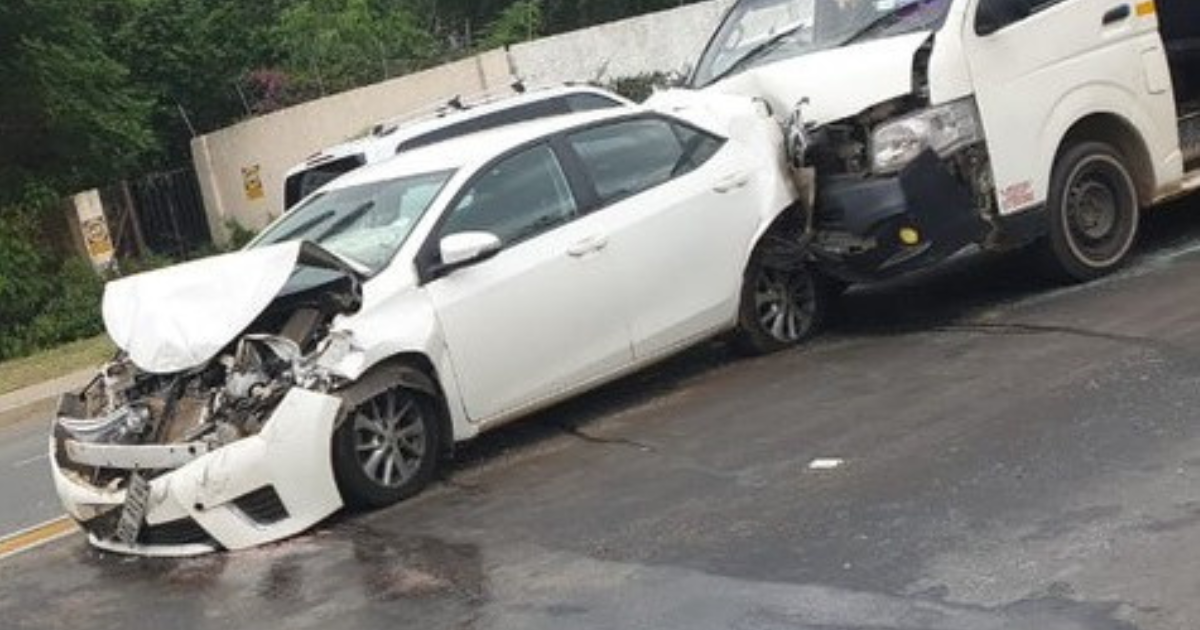In a bid to address an unusual yet significant road safety concern, traffic police are advising car owners to be vigilant and check their car engines for signs of rodent activity. Recent incidents have highlighted the potential dangers posed by mice and rats that chew on wires in cars, leading to electrical shorts, fires, and even car accidents. As traffic police witness numerous accidents and handle related cases, they are urging the public to take preventive measures to avoid such hazardous situations.
Illustrating the severity of the issue, two notable accidents serve as cautionary examples. In 2017, a rat chewed on a wire in a car’s brake system in Lonavala, resulting in a short circuit and subsequent brake failure. The driver lost control and collided with another vehicle. Similarly, in 2018, a mouse chewed on a wire in a car’s ignition system in Mumbai, causing the engine to stall. Unable to restart the engine, the driver crashed into a divider, resulting in casualties.
These incidents underscore the importance of taking precautions to prevent rodents from entering vehicles. Simple steps like sealing any holes or cracks in the car’s bodywork and maintaining a clean interior free of food and water can significantly reduce the risk of rodent infestation.
Recognizing the need to address this issue, state Road Transport Offices (RTOs) are issuing public safety announcements to car owners. The police department strongly advises drivers to check their vehicles for signs of rodent activity, including chewed wires. Such chewing behavior can lead to electrical failures, fires, and ultimately car accidents.
In the event that signs of rodent activity are discovered, such as droppings, gnawed wires, or damaged insulation, it is crucial to promptly seek the assistance of a qualified mechanic for inspection. These professionals can identify any damaged wires and replace them, ensuring the vehicle’s electrical system remains intact. Additionally, thorough cleaning of the car, including the removal of rodent droppings or urine, is essential due to potential health risks associated with these substances.
To assist car owners in checking their vehicles for rodent activity, here are some suggested tips:
- Inspect the engine compartment for signs of gnawed wires, insulation damage, or rodent droppings.
- Examine the interior of the car, paying attention to areas under the seats, the glove compartment, and the trunk for signs of rodent activity.
- Inspect the exterior of the car for holes or cracks that may serve as entry points for rodents.
- Take immediate action upon discovering any rodent-related signs and promptly consult a qualified mechanic.
- Regularly clean and maintain the vehicle, keeping it free from potential attractants for rodents.
Prevention is key to averting accidents caused by rodents. Car owners can adopt the following preventive measures:
- Whenever possible, park the car in a garage or enclosed space.
- If parking outside, choose a well-lit area.
- Seal any holes or cracks in the car’s bodywork to prevent rodent entry.
- Maintain cleanliness inside the car, ensuring it is free from food and water sources.
- Consider using rodent repellents such as peppermint oil or ultrasonic devices.
- In case of wire damage, promptly repair it with the assistance of a qualified mechanic.
- Thoroughly clean the vehicle, eliminating any rodent droppings or urine to mitigate health risks.
By implementing these preventive measures and promptly addressing any signs of rodent activity, car owners can significantly reduce the risk of rodents chewing on wires and causing car accidents. It is a collective effort to ensure road safety and protect lives on the streets.
